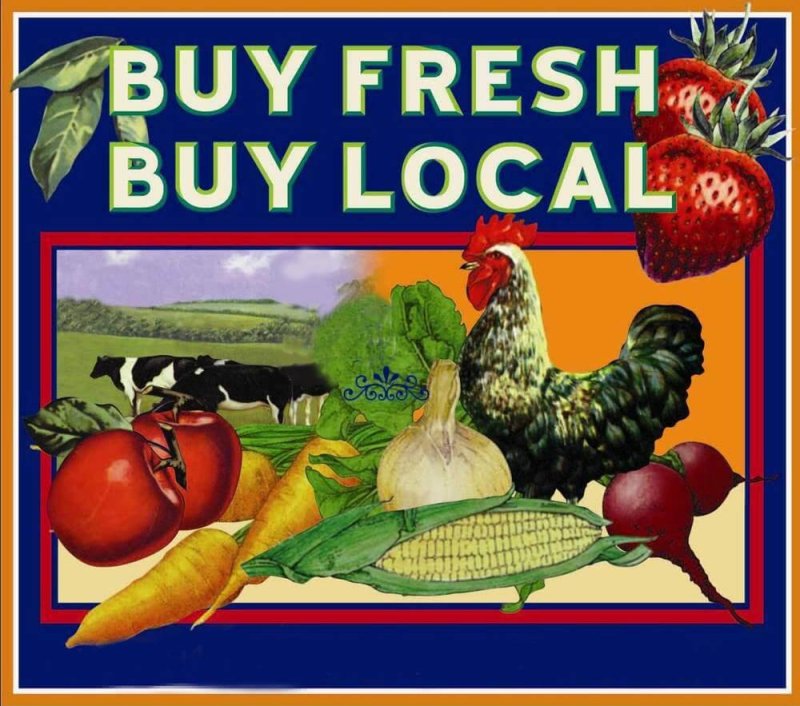[Buying food from small, local, organic farms] cannot fix that chemical-intensive system that crowds out biodiversity, depletes the soil, pollutes the water, etc. And that’s not a lack of confidence in, or enthusiasm for, that kind of small farm. It’s simply a recognition that there are economic, logistic, topographical and even arithmetic reasons that those farms can only be a small slice of a reimagined, responsible, food system.
…
The crops that carpet the vast swaths of the Midwest cannot be successfully grown small and local, because you need economies of scale to make those crops profitable. What’s great about staple crops such as oats, lentils, barley and, yes, corn and soy is that they produce huge amounts of nutritious, affordable food per acre.
…
In some ways, organic agriculture has an environmental edge over conventional, but the standard was developed to conform to an idea of “naturalness,” not to minimize environmental impact. And so, while organic farms tend to have healthier soil and to lock away more carbon in that soil, conventional systems have higher yields and can more easily reduce the need to disturb the soil by tilling, which can help soil retain water and reduce runoff.
The GLP aggregated and excerpted this article to reflect the diversity of news, opinion and analysis. Read full, original post: Why small, local, organic farms aren’t the key to fixing our food system































